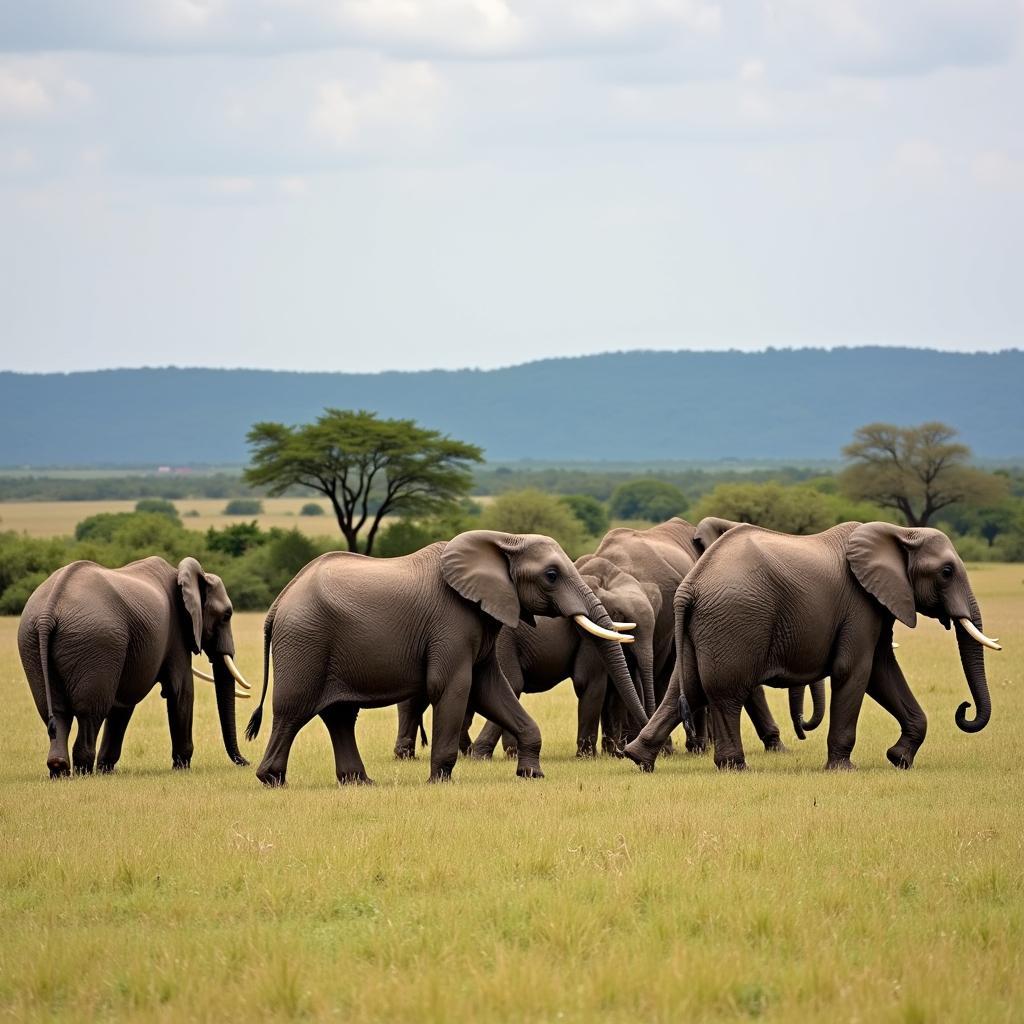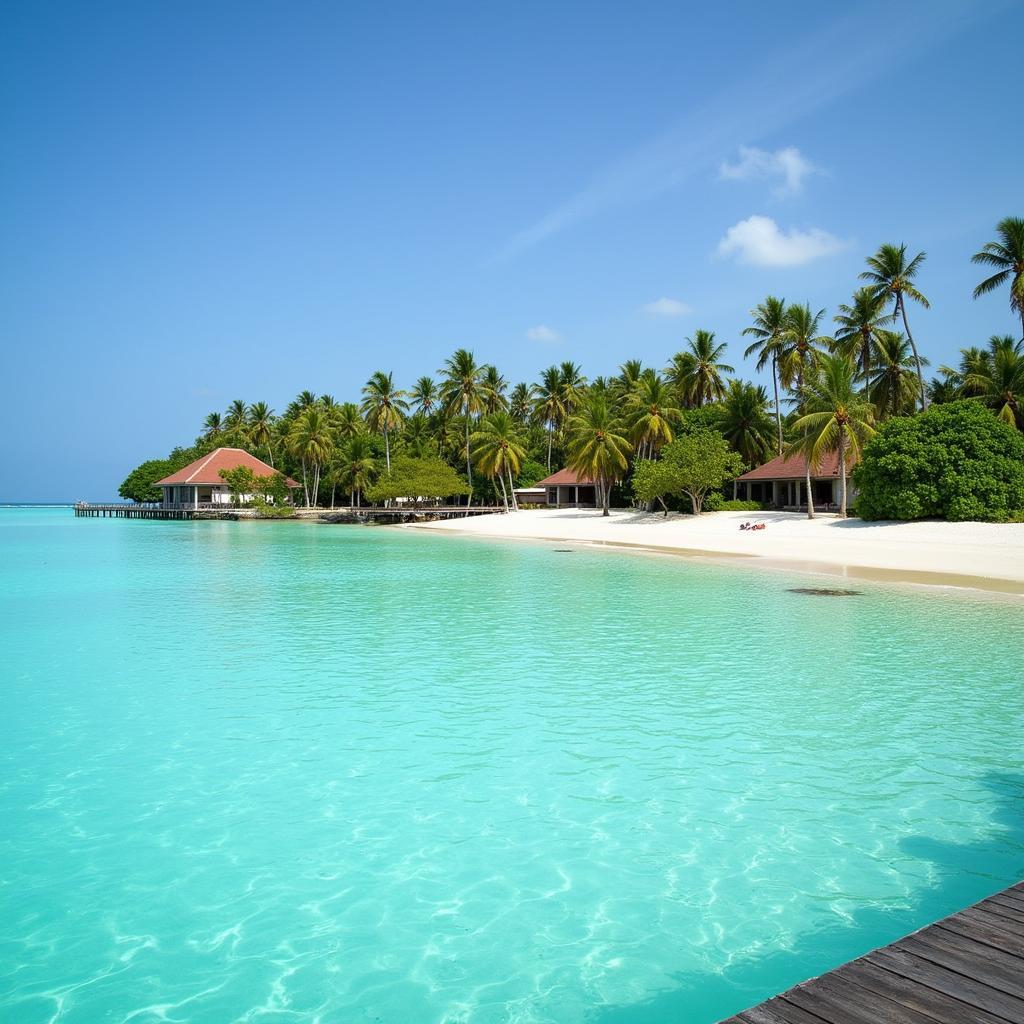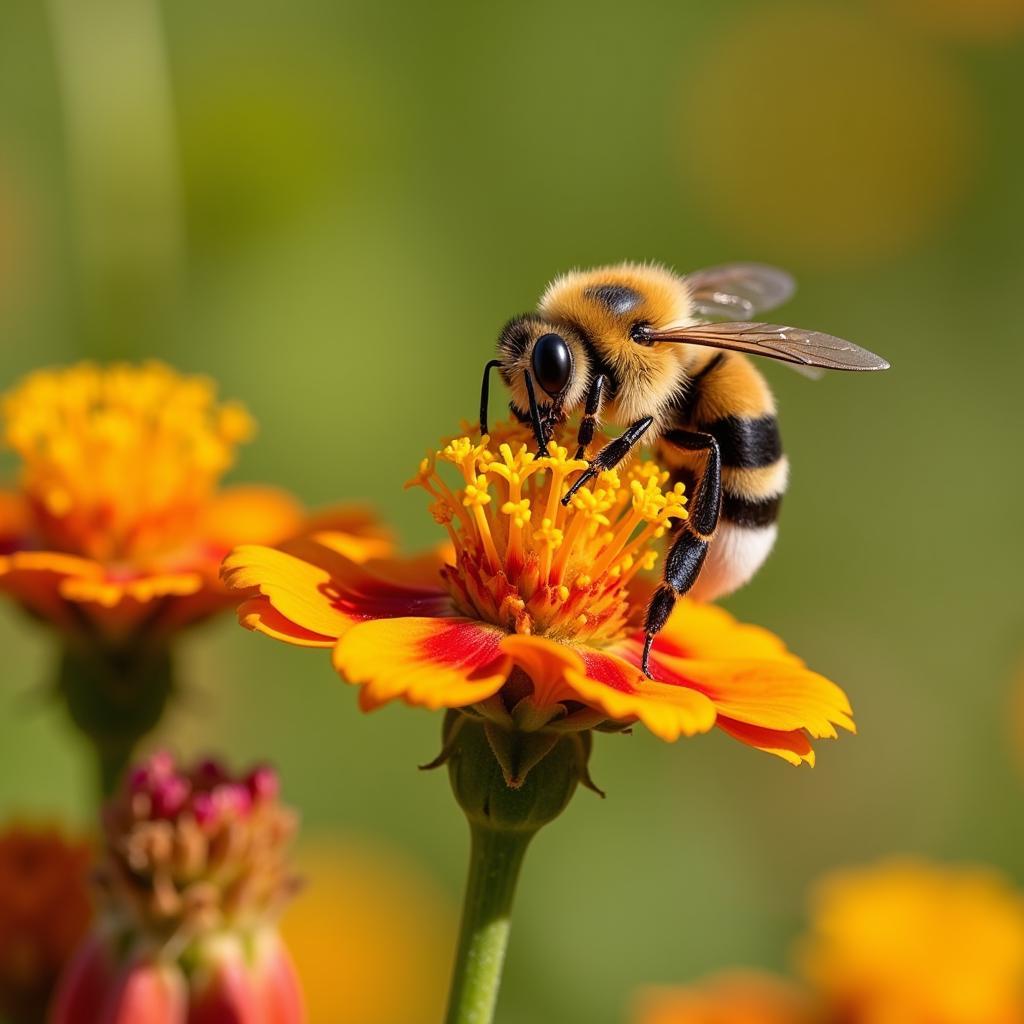Discovering Benin: The African Country Nestled Between Togo and Nigeria
Tucked between Togo to the west and Nigeria to the east, lies the vibrant nation of Benin. Often overlooked, this small West African country boasts a rich tapestry of culture, history, and natural beauty that captivates those who venture to explore its hidden gems.
From Ancient Kingdoms to a Colonial Past: Benin’s Historical Tapestry
Benin’s history stretches far beyond colonial encounters, rooted in powerful kingdoms that once dominated the region. The most famous of these is the Kingdom of Dahomey, known for its fierce female warriors, the Dahomey Amazons, who challenged European powers for centuries. The remnants of this kingdom, particularly in the city of Abomey, offer a glimpse into a powerful past, with its royal palaces now recognized as a UNESCO World Heritage site.
The slave trade, a dark chapter in human history, deeply impacted Benin, leaving behind a complex legacy. Oporto, a coastal town, stands as a poignant reminder of this period, its shores once a major point of departure for enslaved Africans. Today, Benin remembers and honors this difficult past, urging visitors to reflect on this somber history.
Benin Today: A Blend of Tradition and Modernity
Modern-day Benin is a vibrant democracy, known for its peaceful transitions of power and its commitment to upholding human rights. The country is experiencing a cultural renaissance, with traditional music, dance, and art forms flourishing alongside contemporary expressions.
Beninese music, infused with infectious rhythms and captivating melodies, has garnered international acclaim. From the iconic sounds of Angélique Kidjo to the rising stars of today, Benin’s musical landscape is as diverse as it is vibrant.
Exploring Benin’s Natural Beauty
Beyond its cultural riches, Benin boasts stunning natural landscapes that beckon adventurers and nature enthusiasts alike. Pendjari National Park, a vast wilderness in the north, offers a glimpse into West Africa’s remarkable biodiversity, teeming with elephants, lions, and a plethora of birdlife.
The country’s coastline, dotted with picturesque villages and pristine beaches, offers a tranquil escape from the bustle of city life. The charming town of Grand-Popo, with its blend of colonial architecture and traditional fishing communities, is a hidden gem waiting to be discovered.
 Elephants at Pendjari National Park
Elephants at Pendjari National Park
What Language Do They Speak in Benin, the Country Between Togo and Nigeria?
The official language of Benin is French, a legacy of its colonial past. However, a multitude of indigenous languages thrive throughout the country, reflecting its rich cultural diversity. Fon, Yoruba, and Bariba are just a few of the many languages spoken, each contributing to the country’s unique linguistic tapestry. For a more comprehensive look at languages spoken across the continent, check out this resource on African countries and their official languages.
Experiencing Benin: A Journey of Discovery
Benin offers a unique travel experience, one that goes beyond the typical tourist trail. It’s a place to delve into history, immerse oneself in vibrant culture, and connect with the warmth of its people. From exploring ancient ruins to dancing to the rhythm of traditional drums, a journey to Benin is an unforgettable experience that will leave a lasting impression.
Conclusion
Benin, the often-overlooked nation nestled between Togo and Nigeria, offers a world of discovery for those seeking authentic African experiences. From its compelling history and vibrant culture to its stunning landscapes and warm hospitality, Benin invites you to uncover its hidden gems and create memories that will last a lifetime.
FAQs about Benin
1. What is the best time to visit Benin?
The best time to visit Benin is during the dry season, which runs from November to April. The weather is generally sunny and dry, making it ideal for exploring the country’s cultural sites and natural wonders.
2. Is it safe to travel to Benin?
Benin is generally a safe country for travelers. However, it’s always advisable to exercise caution, be aware of your surroundings, and follow any travel advisories issued by your home country.
3. What currency is used in Benin?
The currency used in Benin is the West African CFA franc (XOF).
4. What are some must-try dishes in Benin?
Beninese cuisine is a delightful fusion of flavors, often featuring fresh seafood, spicy sauces, and staple ingredients like yams, cassava, and plantains. Some must-try dishes include:
- Akassa: A popular breakfast dish made from fermented corn dough, often served with a spicy tomato sauce.
- Dja: A flavorful peanut-based sauce, typically served with rice or yams.
- Grilled Fish: Benin’s coastal location ensures an abundance of fresh seafood, with grilled fish being a popular and delicious option.
5. What are some recommended souvenirs to buy in Benin?
Benin offers a variety of unique and handcrafted souvenirs, making it a shopper’s paradise. Some popular options include:
- Textiles: Benin is known for its vibrant and intricate textiles, particularly the handwoven fabrics from the town of Kpomasse.
- Wood Carvings: The skilled artisans of Benin create stunning wood carvings, ranging from traditional masks to intricate statues.
- Bronze Sculptures: The city of Ouidah is renowned for its bronze sculptures, which are often created using traditional lost-wax casting techniques.
Do you have any other questions about Benin?
For any further inquiries or assistance planning your trip to this captivating African nation, don’t hesitate to reach out to our team. You can contact us via:
- Phone Number: +255768904061
- Email: kaka.mag@gmail.com
- Address: Mbarali DC Mawindi, Kangaga, Tanzania.
Our dedicated customer support team is available 24/7 to assist you.

